Australian FM warns UN of young terrorists
Updated: 2014-11-20 10:16
(Xinhua)
|
||||||||
CANBERRA -- Australian Foreign Minister Julie Bishop has used her position as chair of a United Nations Security Council meeting to warn against the growing threat of young, violent, innovative and tech-savvy terrorists.
Speaking to fellow sitting members of the Security Council in a meeting on counter-terrorism in New York, Bishop said the threat being posed to international and national security was the most pressing current issue for Australia.
She called upon increased leadership from the international community in an effort to reduce international terrorism and said that targeting the new breed of tech-savvy terrorists was the best way to achieve this.
"The threat from ISIL, or Daesh, al-Nusrah Front and other Al- Qaeda affiliated groups is more dangerous, more global and more diversified than ever before," Bishop said on Thursday morning.
"Terrorists are younger, more violent, more innovative and highly interconnected. They are masters of social media to terrorize and to recruit and are very tech-savvy. They incite each other. They communicate their propaganda and violence directly into our homes to recruit disaffected young men and women. "
The United Nations has indicated it would provide guidance to international governments in an effort to help combat the threat of digital terrorism.
Bishop welcomed this response, suggesting it could help put an end to young people being lured to join Islamic State militants.
More than 60 Australians have left the country to join extremist groups in the Middle East, with Bishop telling the Security Council of examples to illustrate how frequently this was happening.
"Young people like a 17-year-old from Melbourne who grew up in a typical Australian household and played sport for his local school," Bishop said. "Recently, he traveled to Iraq and detonated his explosive vest in a suicide bomb attack in a Baghdad market place, injuring more than 90 people.
"Young people like the three brothers from Brisbane. One became Australia's first known suicide bomber, killing himself and 35 others at a military checkpoint in Syria. The second is currently fighting with al-Nusra. The third was stopped by Australian authorities before he got on a plane to join them."
Bishop also spoke of the individual measures Australia was adopting to prevent terrorism on both an international and a national front.
She underlined the introduction of new foreign terrorist laws that would aim to disrupt the organization, financing and facilitation of terrorist groups, as well as an increased ability to investigate and prosecute foreign fighters.
Bishop said these enhanced measures were already proving a success.
"The Australian government has canceled the passports of more than 70 Australians suspected of planning to commit a terrorist act or engage in politically motivated violence overseas," she said.
"Australia already has in place sophisticated legal architecture to effectively counter terrorism, including enabling us to implement those obligations on all member states under Security Council resolution 12373.
"I used these existing laws last week to freeze the assets of two Australians who were recruited for ISIL online."
However, Bishop pleaded for more to be done globally in an effort to combat terrorism, saying, "We must starve terrorist organizations of fighters, funding and legitimacy. We must act decisively and together."
- 4 terrorists allegedly have infiltrated into Myanmar before ASEAN summit
- Only a sincere US can fight terrorism
- China, US agree to boost anti-terrorism cooperation
- China, Tajikistan pledge coop in connectivity, anti-terrorism
- Chinese, Tajik presidents pledge co-op in anti-terrorism
- China considers harsher law to crack down on terrorism
- Canada PM: attacks against soldiers are terrorism

 Chinese lantern festival is coming to California
Chinese lantern festival is coming to California
 Early start to family life
Early start to family life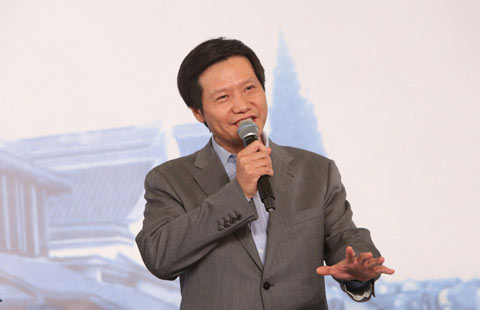
 IT titans at WIC excited about future
IT titans at WIC excited about future
 Photos reveal China scenes in the 1930s
Photos reveal China scenes in the 1930s
 Culture Insider: Popular gifts in past decades
Culture Insider: Popular gifts in past decades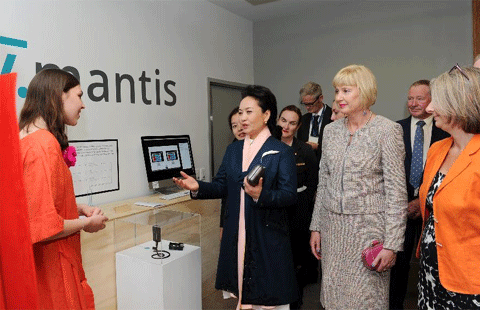
 Peng Liyuan visits Massey University in Wellington, New Zealand
Peng Liyuan visits Massey University in Wellington, New Zealand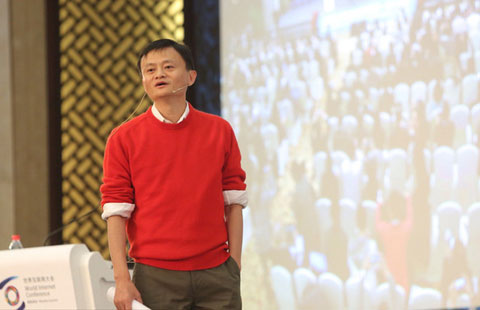
 Jack Ma shares tips at Internet summit
Jack Ma shares tips at Internet summit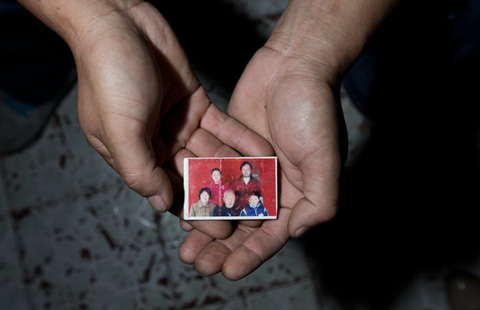
 Painful search for reunion
Painful search for reunion
Most Viewed
Editor's Picks

|

|

|
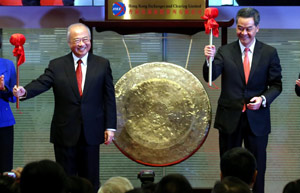
|
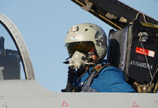
|

|
Today's Top News
Gunman shot dead after wounding 3 at Florida campus
Chinese lantern festival is coming to California
Cookstove technology key in fighting pollution
Chinese supercomputer still top-ranked
Lesson in Chinese history
Obama takes executive action on immigration
Deng Long: New York supermarket king
China wants its voice
heard in cyberspace
US Weekly

|

|







